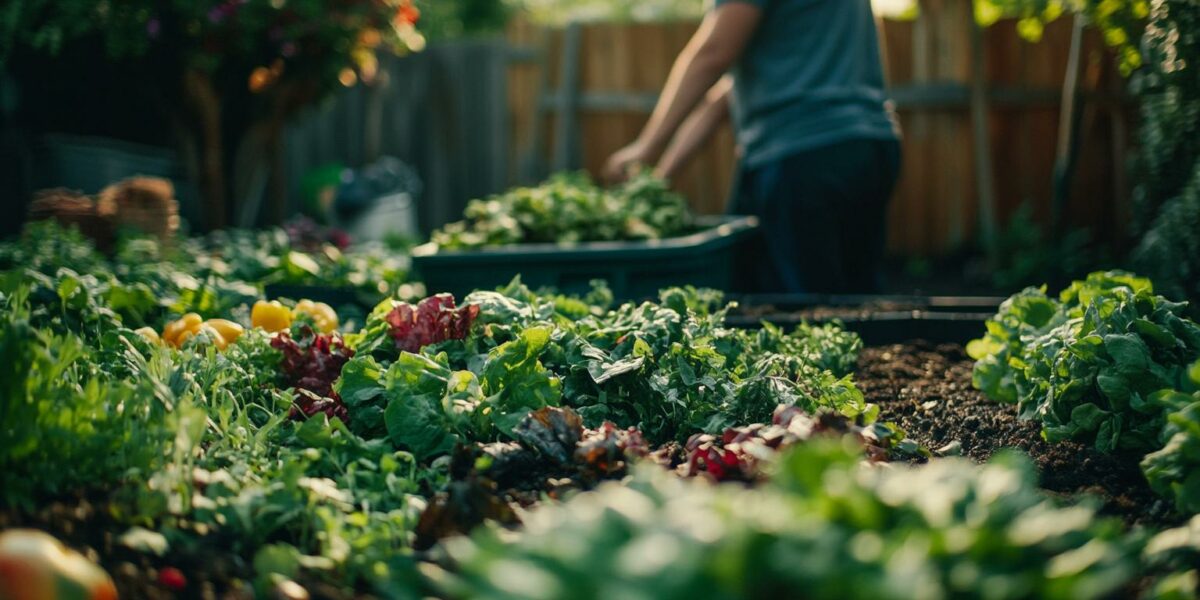The Dire State of Food Waste in the U.S.
The United States is a global leader in many fields, but not all are positive. An alarming 40 percent of the nation’s food supply is wasted annually, amounting to roughly 60 million tons. This discarded food is the most common material found in U.S. landfills and incinerators, posing significant environmental challenges.
The decomposition of this waste generates a surprising 11 percent of the world’s greenhouse gas emissions. In the U.S. alone, the emissions from wasted food are equivalent to those produced by 37 million cars. Clearly, the environmental cost of food waste is substantial.
Fortunately, there is a practical solution: composting. This process converts biodegradable materials, like food scraps and garden waste, into valuable soil. According to the US Composting Council, composting can reduce greenhouse gas emissions and promote the uptake of carbon dioxide by plants.
Massachusetts has a long history of innovative waste management. The state received the first EPA recycling grants in 1976, which led to the implementation of early curbside collection programs. Despite this progress, only a few municipalities in Massachusetts offer curbside composting today. The state must expand these efforts to maintain its environmental leadership.
Historical Successes and Modern Challenges
Past evidence suggests that effective waste management policies can have a significant impact. When curbside recycling was introduced in the 1970s, the percentage of waste going to landfills in the U.S. decreased from 94 percent in 1960 to 52 percent in 2018. This demonstrates the potential effectiveness of similar programs for food waste.
Despite the proven success of curbside recycling, only 5 out of 351 cities and towns in Massachusetts currently have city-run curbside composting programs. For these programs to succeed, they must be both free and convenient, and available in all municipalities across the state.
Currently, only businesses in Massachusetts face regulations on food waste disposal. They are required to compost if they produce more than half a ton of waste per week. However, households generate even more food waste, accounting for 43 percent of the total, compared to 40 percent from grocery stores, restaurants, and food services combined.
Why is household participation in composting so low? Cost is a significant barrier. Free, citywide collection programs, along with a composting mandate, have seen the highest diversion rates of food waste in American cities. For example, a mandatory residential composting program in Cambridge reduced citywide trash by 8 percent in its first year.
Successful Initiatives and Future Potential
In July 2023, the town of Lexington launched a pilot program for curbside kitchen waste pickup, initially serving 2,000 households at no charge. The program expanded to another 2,000 households in July. Since its inception, 2,000 of the town’s 11,000 households have started composting, demonstrating the impact of free programs on participation rates.
Massachusetts has the potential to significantly increase composting efforts. However, this cannot happen overnight. The state needs to expand composting facilities, create new local regulations, and adapt large apartment buildings for effective waste management.
The Legislature can take several steps to speed up the adoption of composting programs. These include:
- Offering financial incentives to municipalities for starting free curbside pickup of food waste.
- Drafting regulations that include mandatory pilot programs for towns.
- Expanding educational programs to inform residents about the benefits of composting.
Successful composting initiatives around the world, such as those in San Francisco, Seattle, and Sweden, provide compelling examples. Massachusetts should follow suit, aiming to reduce its carbon footprint and empower residents to contribute to climate change mitigation.
A Vision for a Greener Massachusetts
Implementing large-scale composting will not only reduce the state’s carbon emissions but also enhance the quality of life for communities near landfill sites by decreasing the volume of waste. The benefits of composting extend beyond environmental impacts to include social and economic advantages.
Massachusetts residents will have the opportunity to make a personal contribution to mitigating climate change. By embracing composting, they can help create a more sustainable future for themselves and future generations.
Composting is a proven, effective method to manage waste sustainably. With the right policies and initiatives, Massachusetts can lead the way in environmental stewardship and waste management innovation.
The time for change is now. By expanding composting programs and making them accessible to all, Massachusetts can pave the way for a greener, more sustainable future.



Penelope_Velocity
Finally, some good news on waste management! Way to go Cambridge! 😊
KaylaArtemis
Composting is fantastic, but what about those who live in apartments with no garden space?
aria
Massachusetts needs to learn from other cities like San Francisco. If they can do it, why can’t we?
AutumnGalaxy
This sounds promising, but how will they manage the costs of expanding composting facilities?
Muffin7
Is there a way to volunteer for these composting programs in Cambridge?
jack0
Thank you for shedding light on this issue. It’s high time we all start composting at home!
michael_siren
Why is the state so slow in implementing such an obvious solution to food waste? 🤔
avavelocity
Great article! How can other towns in Massachusetts follow Cambridge’s lead in composting?